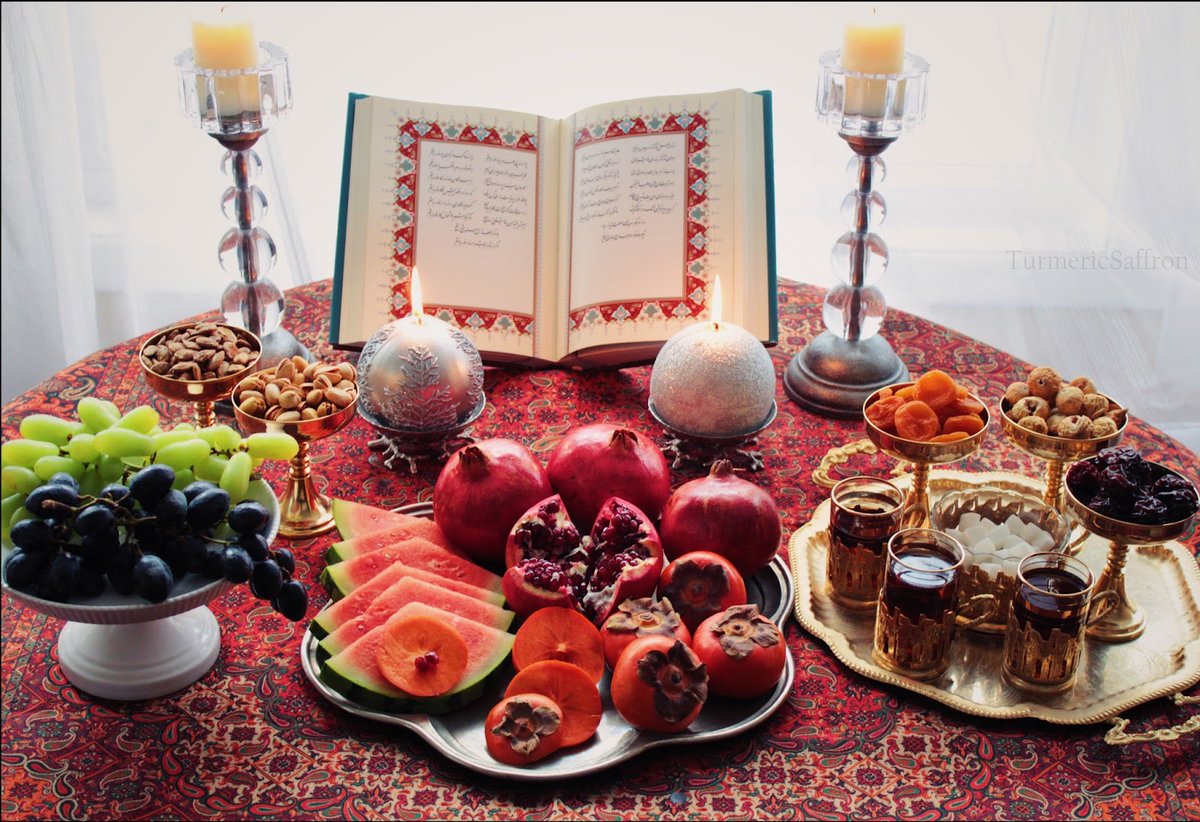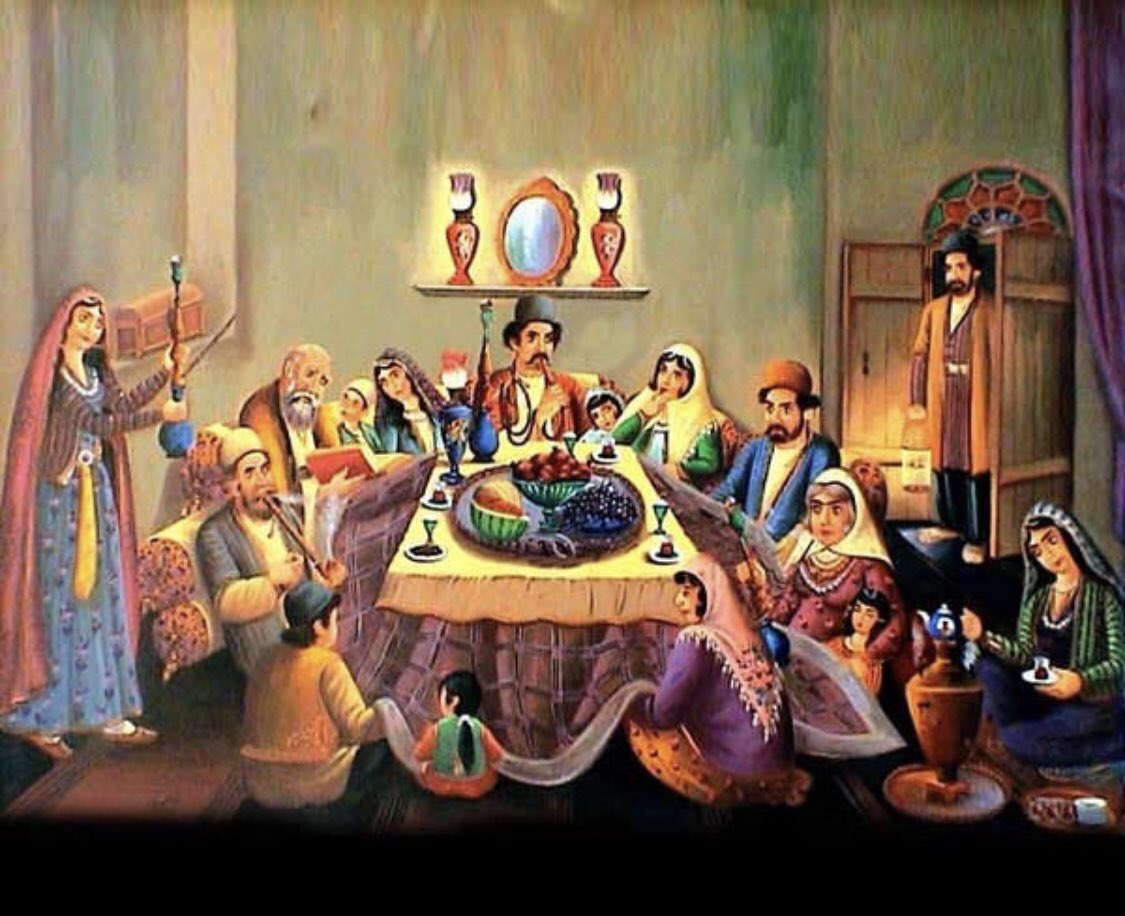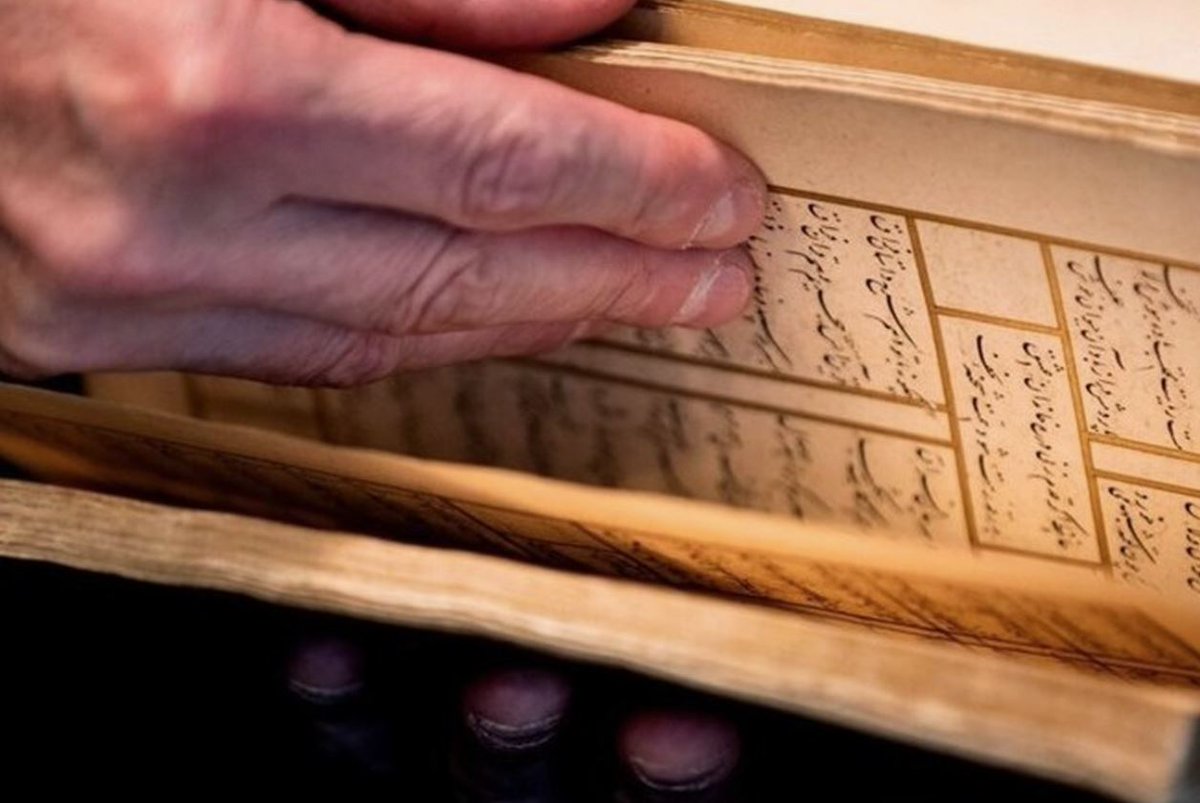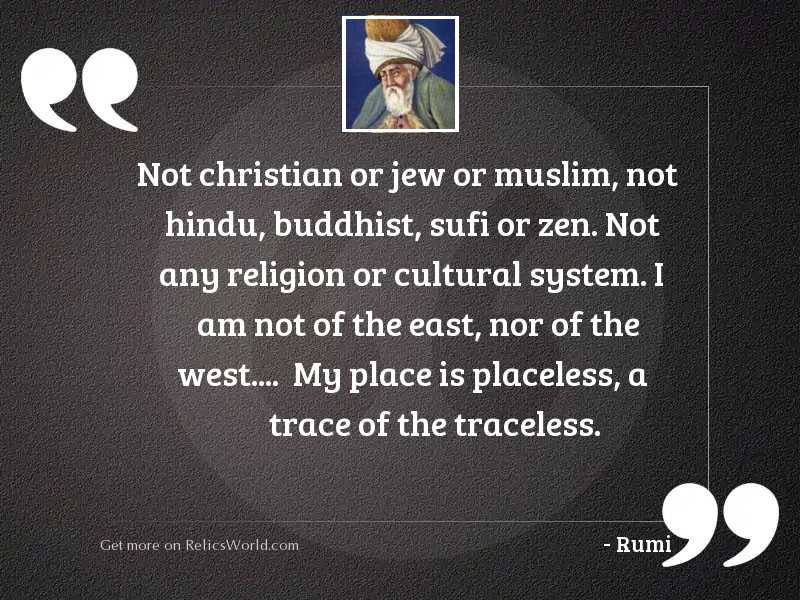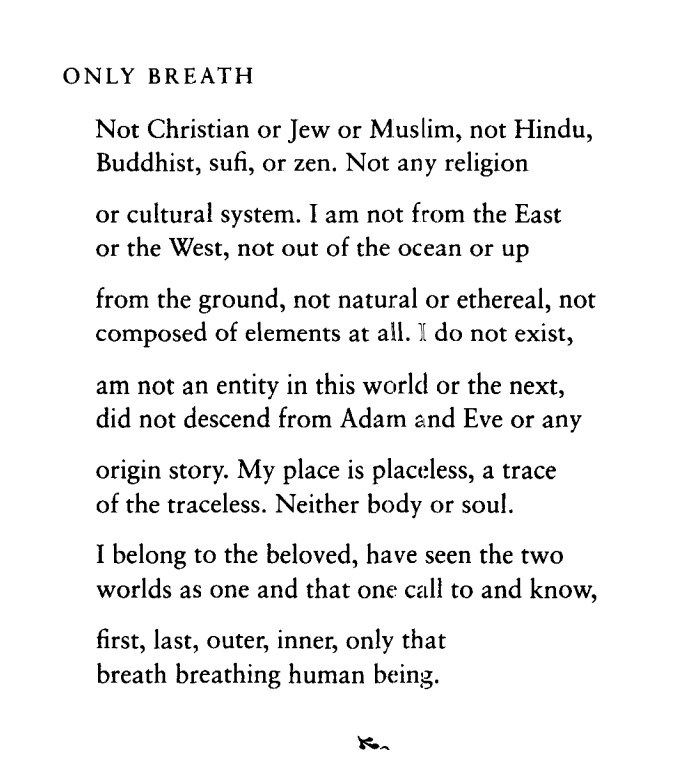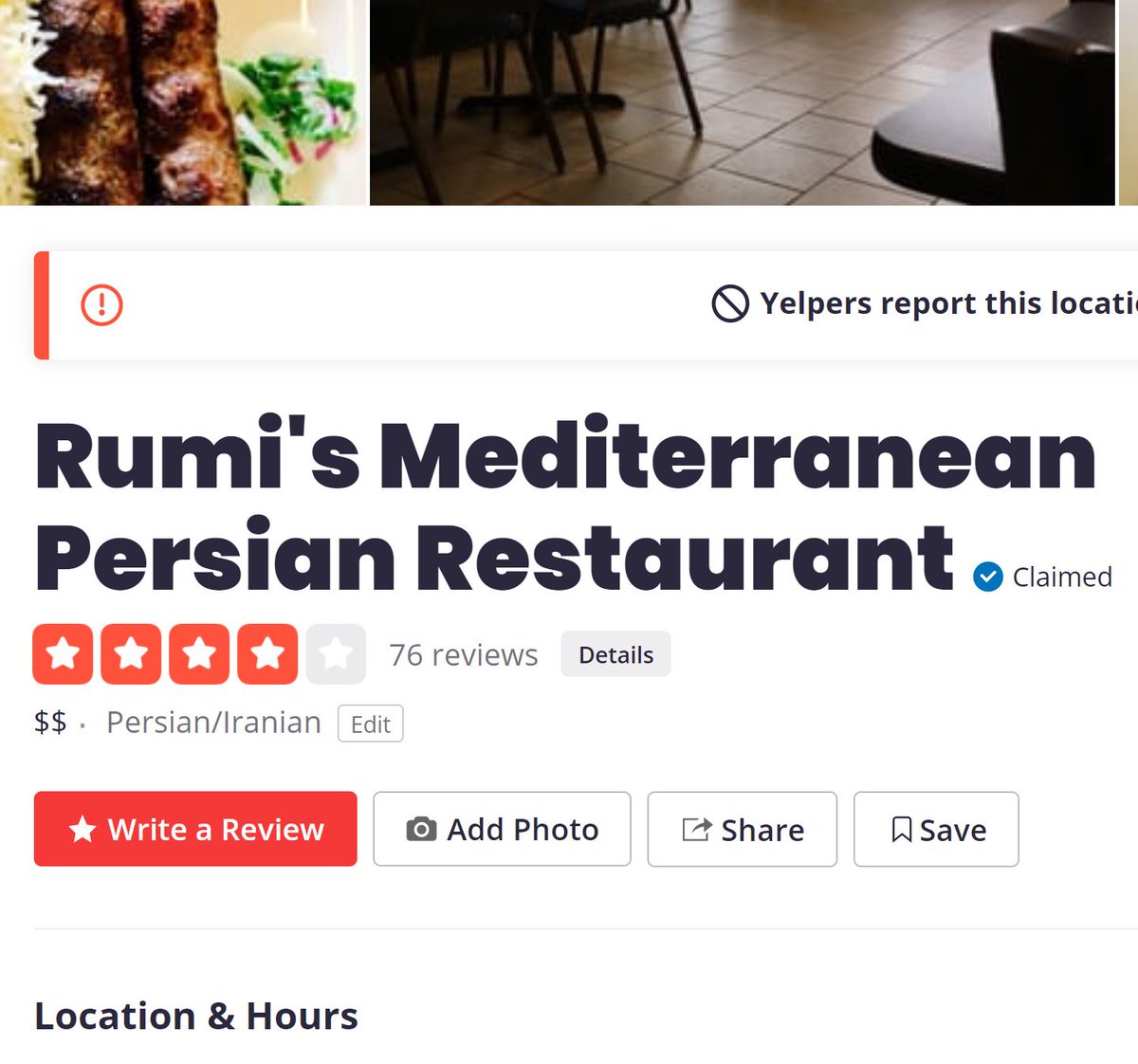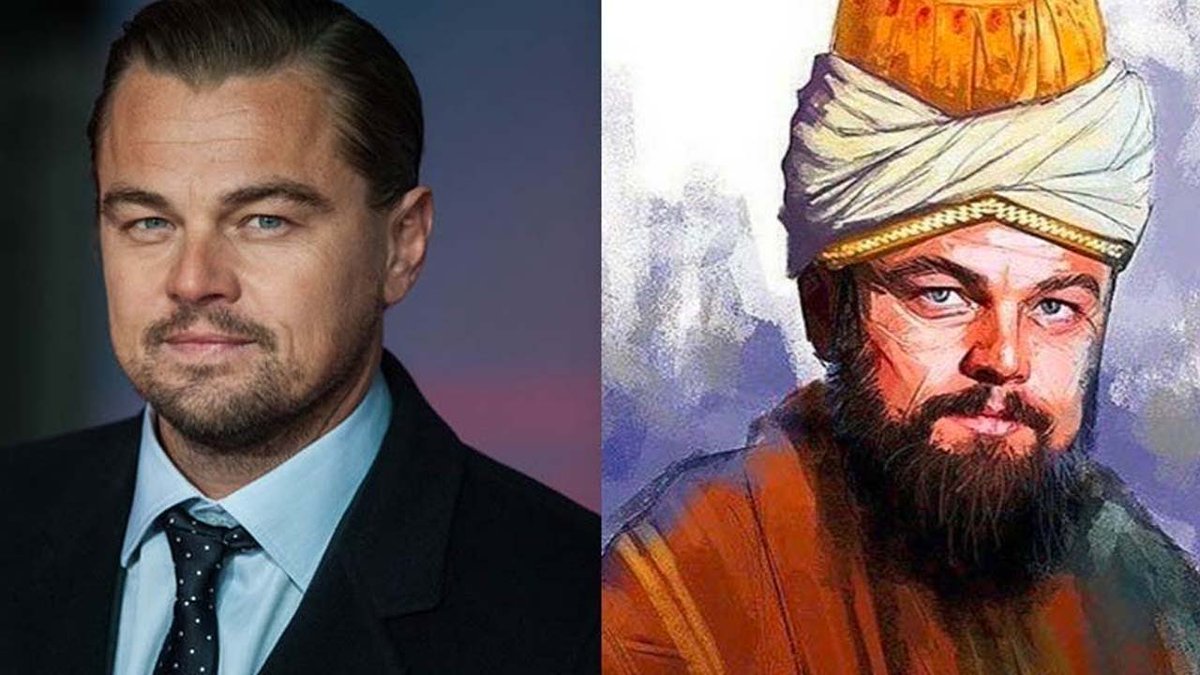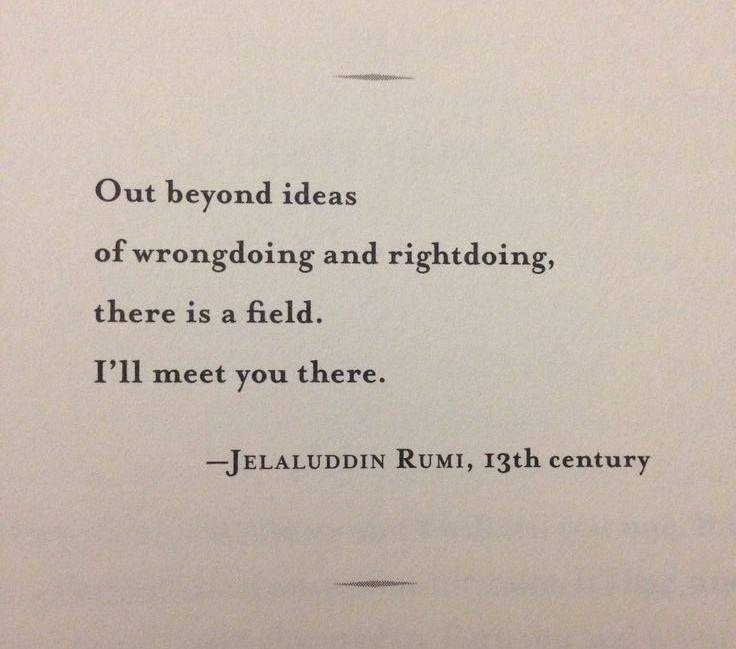
Before the printing press, divans (collections of poetry) were written and copied by hand, which invariably lead to copy errors. Copyists also removed poems they doubted the authenticity of, which was determined by the 'feel' of the poem, producing variable results. (2/11)
Sometimes poems by other authors were mixed up and included in a divan. This is especially the case for quatrains and has totally obfuscated Khayyam's body of work: his manuscripts often contain a range of 100-1000+ poems. (3/11)
Poems written by fans in the style of a poet were also intentionally and unintentionally included in the poet's divan, mixed in with their original poems. Over time those fan-written poems were also confused for originals. (4/11)
Though this may seem inappropriate to us today, in pre-modernity, the character of a famous poet would take on its own life, separate from the poet's 'real' life. Attributing an ode to a poet was not problematic as long as it felt like it could have come from the poet. (5/11)
Some poets were actually 'frame authors,' meaning anonymous poems written in a specific style were attributed to the person, slowly building a body of work written by various authors in the same theme. Khayyam is the best example of this phenomenon. (6/11)
In simpler terms: if you wrote a poem expressing skepticism, you would attribute it to Khayyam (scientists had a reputation for skepticism) to avoid trouble. This slowly created a body of poetry attributed to Khayyam, though he wrote none of it. (7/11)
Many biographical details were also produced in such a fashion. Most biographies about early poets are more properly 'hagiographies': they are spiritual narratives more concerned with recording religious truths than writing a factual biography by modern standards. (8/11)
Eventually, textual criticism determined that many of the poems and stories in our tradition are inauthentic by modern standards. Modern scholars narrowed Hafez's 700+ poem divan to under 500 authentic poems. Khayyam's 1000+ quatrains were narrowed down to just under 200. (9/11)
Hand-copied manuscripts included the copyist's name. Today, corrected divans are named after the person who did the 'tasḥīḥ' (correction, textual criticism): 'Hafez's divan according to Qavzini-Ghani' or 'Rumi's Masnavi according to Foruzanfar.' (10/11)
That was a small introduction to manuscripts, textual criticism, and divan editions in Persian poetry. If you want to support this work, please consider joining our Patreon: patreon.com/persianpoetics (11/11)
• • •
Missing some Tweet in this thread? You can try to
force a refresh


